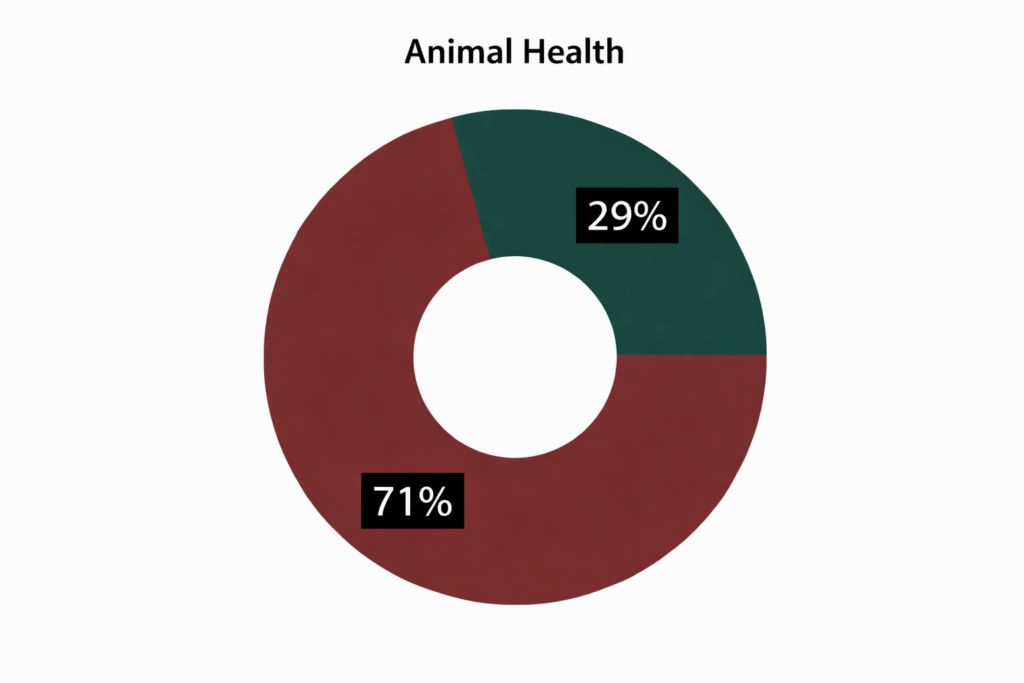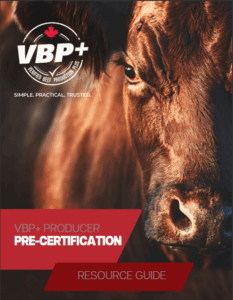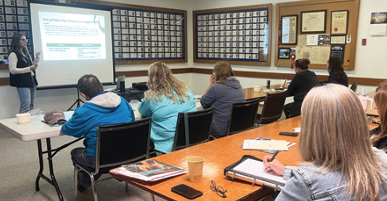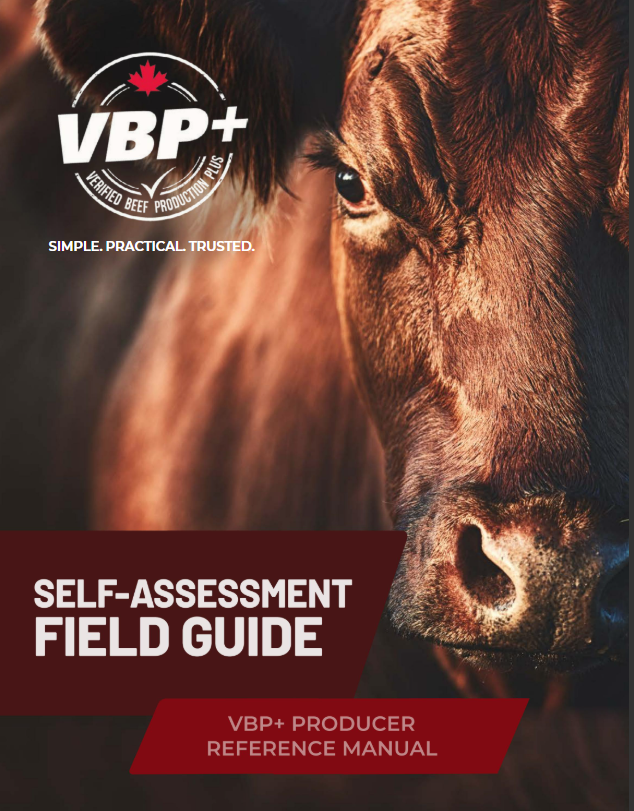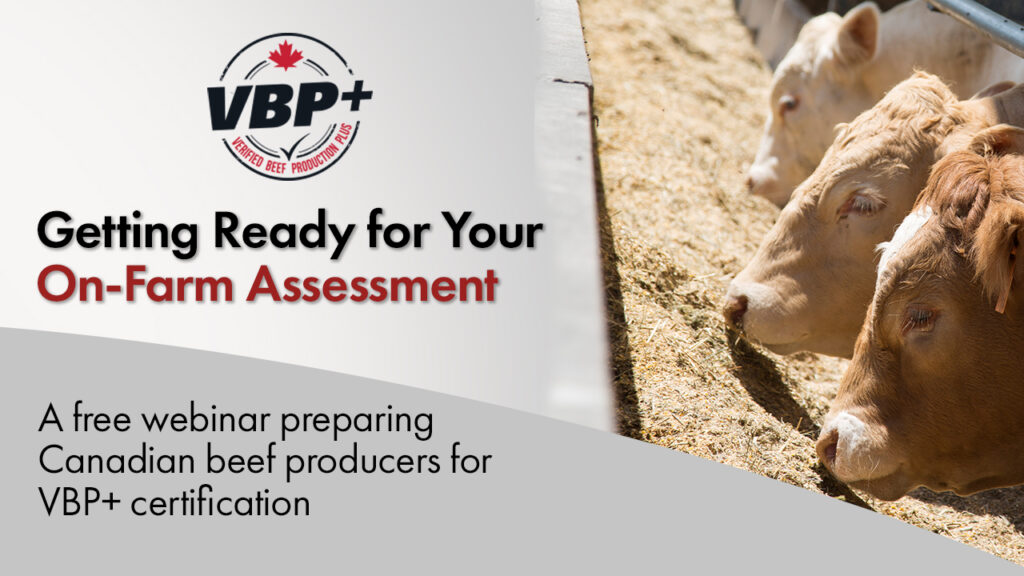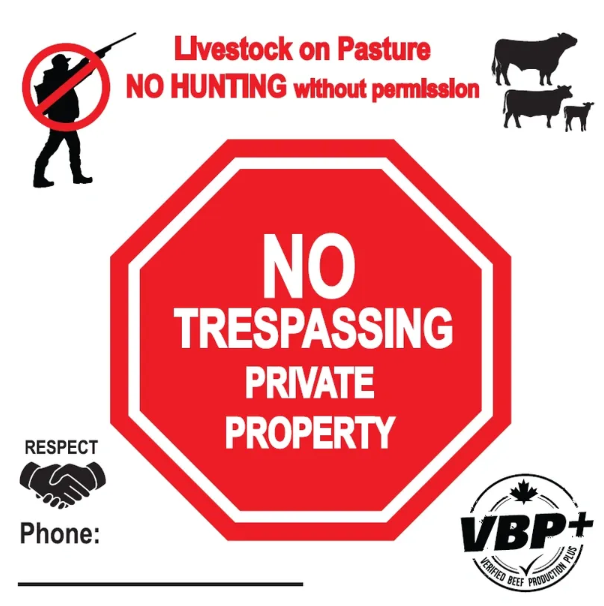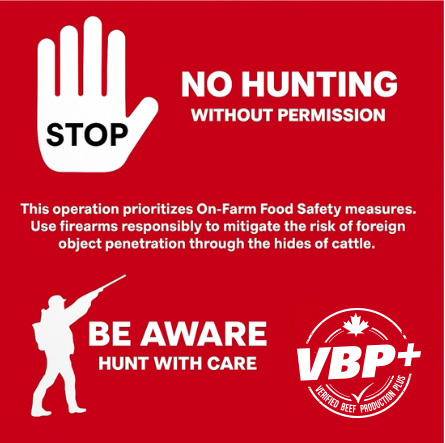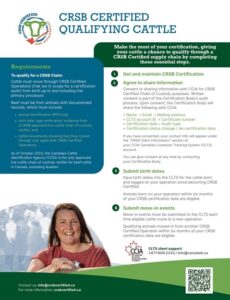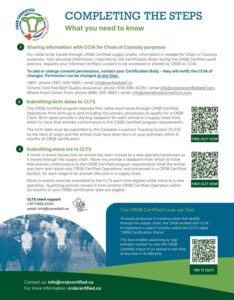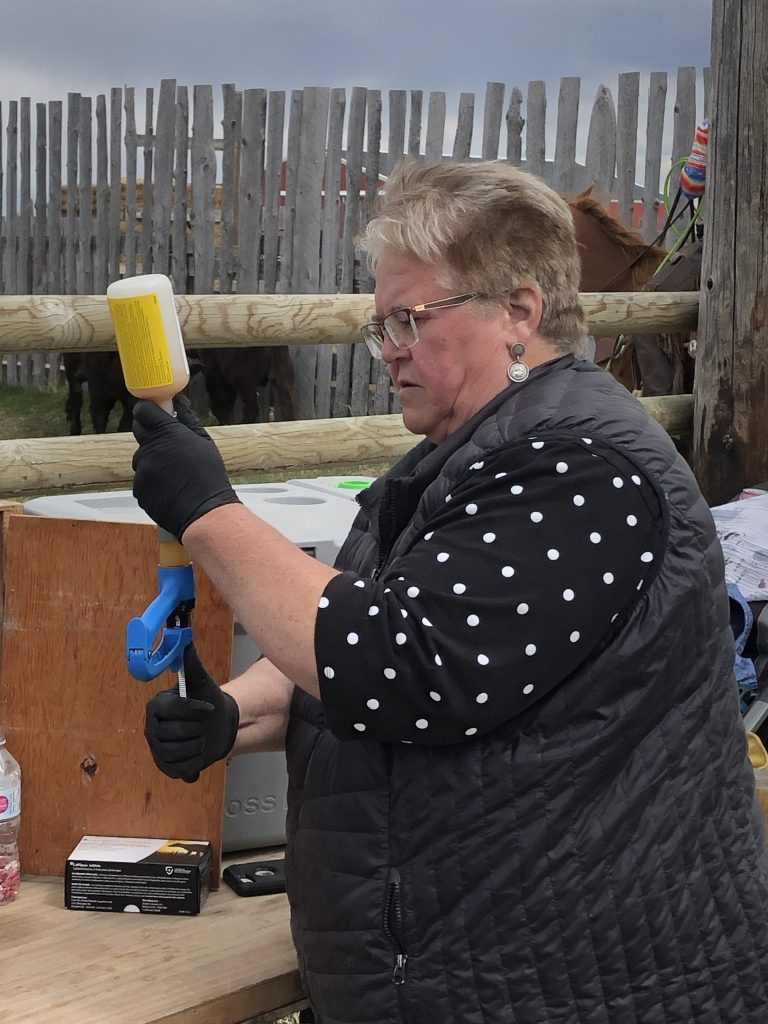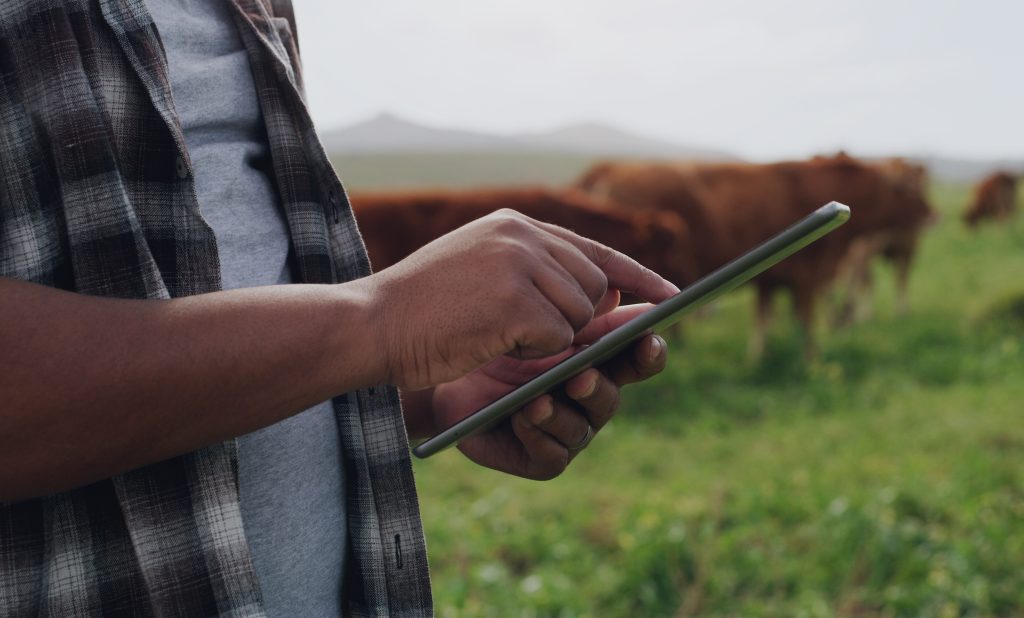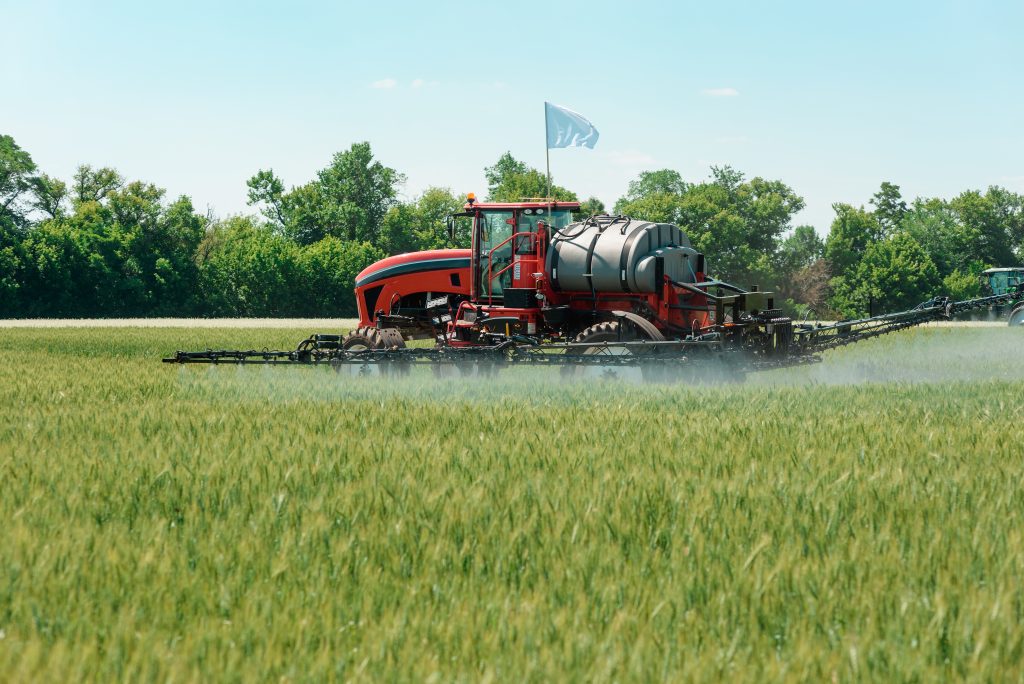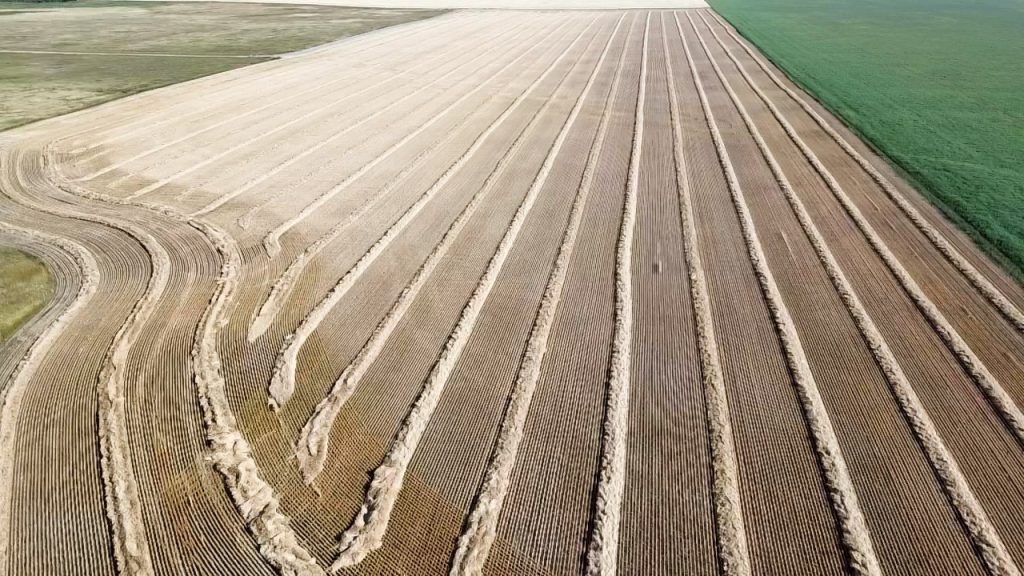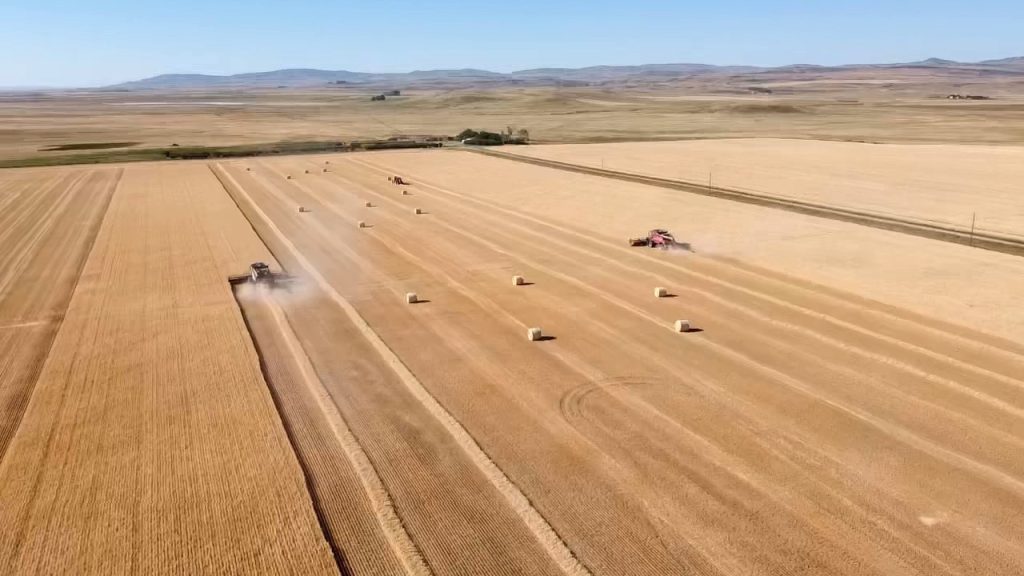
Did you know?
Recent updates to the Producer Portal give VBP+ Certified beef producers access to assessment summary reports! In addition to completing renewal assessments on the portal, producers can access these summary reports, their certificate and any outstanding corrective actions. Useful sample records for corrective action resolution can also be downloaded directly from the portal.
Producers who wish to apply for incentives linked to both VBP+ and CRSB certifications will be able to access certificates with a single click.
Until now, assessment summary reports and other documents have been sent to certified beef producers by email, so this update will allow greater flexibility in accessing vital VBP+ documentation, including current VBP+ Certification and active CRSB Certification.
Resolving corrective actions just got easier!
While communicating an outstanding corrective action request (CAR) has also been completed through email, phone or fax to date, upgrades to the portal include a CAR resolution. This feature provides downloadable sample records intended to reduce extra steps for beef producers working to resolve gaps identified during the on-farm assessment.
What can beef producers expect from the summary report?
When operations complete a VBP+ on-farm or renewal assessment, they receive an email with a Summary Assessment Report. The Summary Assessment Report outlines the results of the assessment, the assessor’s summary comments and any corrective action requests.
The Summary Assessment Report outlines results of the assessment, the assessor’s summary comments and any corrective action requests.
As VBP+ delivers two certifications with a single assessment: the VBP+ Certification and certification to the Sustainable Beef Production Standard maintained by the Canadian Roundtable for Sustainable Beef (CRSB). Beef producers will now receive separate reports for each of these certifications.
The VBP+ Summary Report
The VBP+ Summary Report includes the following information:
- The operation name
- The VBP+ Inc. assessor name
- The date of the assessment
- Assessment scores determined based on 60 questions from the assessment pillars
- The assessor’s summary comments
- Corrective action requests from the assessment with deadlines for resolution
- Date and scope of the next assessment (records assessment or self-declaration)
- Other resources including provincial coordinator contact information, assessment experience survey and an appeals and complaints process
VBP+ Assessment Pillars
- Animal Health
- Animal Care
- Animal Nutrition
- Biosecurity
- Emergency Response and Preparedness
- Environmental Stewardship and Conservation
- Transportation
- Vulnerable, Distressed and High-Risk Cattle
- Critical Control Points
- Medicated Feeds
- Leadership and Community
- Coaching and Mentoring
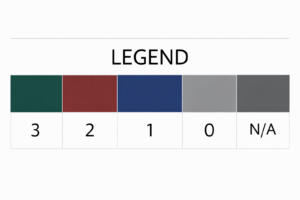
In this example of scoring in one of the 12 pillars, 71% of the questions related to animal health were scored a two and 29% were scored a three. For more information on questions and scoring criteria, consult the VBP+ Producer Manuals.
The CRSB Summary Report
The CRSB Summary Report reflects how an operation scores against the Sustainable Beef Production Standard maintained by the CRSB.
Additional Resources
- Contact your provincial coordinator with any questions you may have or email auditcoordinator@verifiedbeef.ca.
- Learn more about the Producer Portal or login to the Producer Portal.

